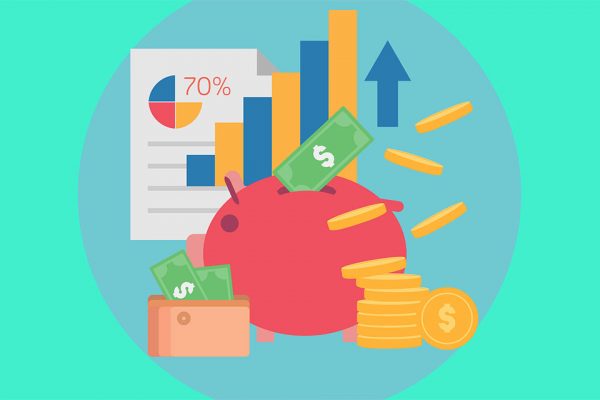
It’s no secret that the United States is in a lot of debt. The country’s total public debt is now more than $22 trillion. That’s more than $167,000 per citizen. And it’s only getting worse. The U.S. government spends more money than it takes in, and it doesn’t look like that trend is going to change any time soon. So how do you get out of this mess?
Debt repayment can seem like an impossible task, but with a little bit of knowledge and some hard work, you can get yourself out of debt and on the path to financial freedom. Let’s look at six things you need to know about debt repayment.
How Much Debt You Have Matters
The first step in getting out of debt is understanding exactly how much debt you owe. Total up your credit card balances, student loans, car loans, and any other debts you may have. Don’t forget to include interest rates and monthly payments in your calculations.
On the other hand, it also matters what kind of debt you’ve found yourself in. For example, debt from a mortgage or investment is typically considered “good debt” because it’s an investment in your future. On the other hand, “bad debt” is usually a high-interest debt that doesn’t offer any tax benefits, like credit card debt.
You Need a Plan
Getting out of debt takes time and effort, therefore, you need to develop a plan and stick to it. But before you do that, you need to understand your overall financial goals. Do you want to be debt-free as quickly as possible? Or are you more concerned about making the minimum payments and keeping your monthly payments low?
Therefore, figure out how much you can realistically afford to pay each month, and make sure you’re paying at least that much. If you can’t make huge payments, don’t worry. Even small payments will add up over time and help you get out of debt faster.
Additionally, consider alternative repayment methods. For example, you may be able to consolidate your debts or negotiate with your creditors for a lower interest rate. If you have car debts, a lien sale is a DMV procedure that could reduce or eliminate the interest rate on your vehicle loan, as well as the monthly payments. It’s important to explore all of your options and find the repayment method that works best for you.
You Need to Be Disciplined
Getting out of debt requires discipline so you need to be diligent about making your monthly payments and resist the temptation to take on new debt. Additionally, you may need to make some sacrifices to free up extra money to put toward your debt repayment. For example, you may need to cut back on unnecessary expenses, like eating out or going on vacations.
It’s also important to have an emergency fund in case you experience a financial setback. This will help you avoid adding to your debt and set you back further.
On the other hand, if you’re disciplined with your spending and make all of your payments on time, you can start to build up your credit score. This will give you access to better interest rates in the future and help you reach financial freedom sooner.
You Need to Be Patient
Getting out of debt takes time, so you need to be patient. It’s important to keep making your monthly payments, even if it feels like you’re not making any progress. It can also be tempting to take out a debt consolidation loan or another type of loan to get out of debt quicker, but this is usually not a good idea because these loans usually have high-interest rates and can end up costing you more in the long run.
However, if you’re struggling to make your monthly payments, don’t wait until you’re about to default on your debt to take action. Instead, be proactive and reach out to your creditors as soon as possible because many of them are willing to work with you to develop a payment plan that fits your budget.
You Need to Be Mindful of Your Credit Score
Finally, your credit score is important because it determines the interest rate you’ll pay on loans and other lines of credit. A high credit score means you’re a low-risk borrower and will qualify for the best interest rates. On the other hand, a low credit score means you’re a high-risk borrower and will likely have to pay higher interest rates.
There are a few things you can do to improve your credit score, like paying your bills on time and keeping your credit card balances low. However, it takes time to build up your credit score, so be patient.

Getting out of debt is possible with a little bit of knowledge and some hard work. By following these six tips, you can develop a plan to get out of debt and on the path to financial freedom. Whether you have car debt, student loan debt, or credit card debt, you can find a repayment method that works for you.
Just be sure to be disciplined, patient, and mindful of your credit score.
SUBSCRIBE FOR MORE! HERE’S WHY:
1. You get 7 free books
2. You get the best money & productivity articles
3. You get the latest updates – all in one email per week
You have Successfully Subscribed!
